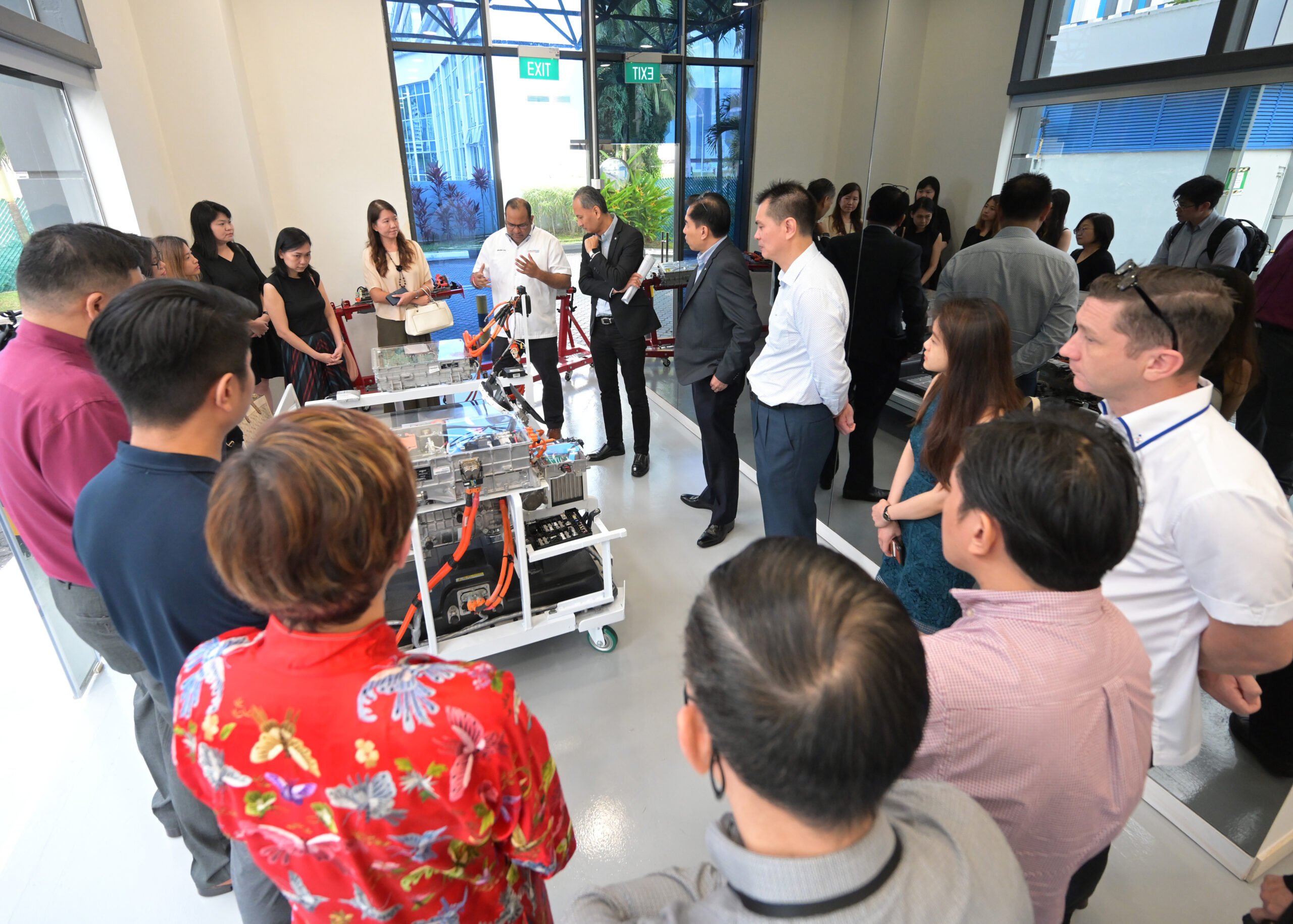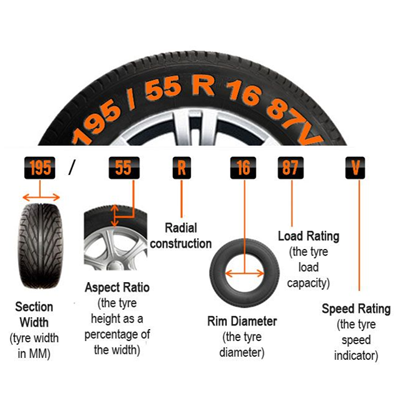Newly-Formed CDGE Academy see strong demand for National Electric Vehicle Specialist Safety (NESS) Certification Course

More technicians, engineers and other staff in the automotive industry are upskilling themselves in the safe handling of Electric Vehicle (EV) High-Voltage Systems by signing up for the National Electric Vehicle Specialist Safety (NESS) Certification Course at the ComfortDelGro Engineering (CDGE) Academy.
Jointly developed with its knowledge partner, TÜV SÜD’s Academy division in Singapore, CDGE’s NESS Certification Course focusses on baseline competencies in the safe handling of EV high-voltage systems and equips participants with the necessary knowledge and skillset to become a certified EV technician within two months.
Since the inception of the course in November 2022, there has been an uptick in demand from the likes of automotive technicians, workshop managers and engineers, as well as customer service officers from the automotive industry. Some are even EV enthusiasts or owners and personnel in vehicle sales. To-date, more than 90 participants have signed up for the course, with one-third of them signing up this January alone. Thirty-nine of them have completed the course and attended a convocation ceremony held this morning. They will be receiving the Workforce Skills Qualifications National EV Specialist Safety Certificate issued by the Land Transport Authority and the Certificate of Certified Technician in High Voltage Systems in Motor Vehicles issued by TÜV SÜD.
The seven-day NESS Certification Course, which is held once a week over a span of two months at the CDGE Academy located in Loyang, comprises 28 hours of theory and 25 hours of practical training. Participants are taught various modules such as EV Battery Management, EV Charging Mechanism, EV Diagnostics & Maintenance as well as EV Management & Awareness through lectures, case studies, group exercises and discussions. They also get hands-on practice on an actual EV and its charging system. A jig that has been created in-house by CDGE, the first of its kind, provides participants with an “x-ray” view of all the components of an EV without the need to dismantle an actual EV.
Said Mr Ang Soo Hock, CEO of CDGE: “As Singapore accelerates the electrification of its vehicle population, we aim to elevate the capabilities of the workforce across the industry with our NESS Certification Course to support the EV ecosystem. The EV sector is an ever changing one, and as it continues to develop, we will be working closely with our partners and industry players to refine the training at CDGE Academy to effectively meet the industry’s evolving needs.”
Mr Richard Hong, CEO, TÜV SÜD ASEAN, said: “As the knowledge partner for the NESS certification course, we are pleased to witness the achievements of the inaugural graduates. We look forward to the positive impact they will have in support of the Singapore Green Plan 2030. TÜV SÜD will continue to work closely with CDGE and our partners to provide the essential skills and training to build a workforce equipped to meet the ever-evolving demands of the growing EV industry.”
One of the participants graduating was Mr Chan Kah Khong, 35, an auto mechanic with a car repair and maintenance workshop. Said Mr Chan: “When I found out about this course, I signed up without hesitation as I wanted to learn more about EVs. Although EVs generally require less maintenance, the skills needed to handle them are different. Attending this course has provided me with in-depth knowledge and skills required to work safely on EVs whilst carrying out more complex diagnostics, maintenance and repair activities on high-voltage components. For example, through this course, I learned that you need to conduct electrical troubleshooting and diagnostics for EVs rather than regular oil changes.”
Madam Junainah Binte Othman, 52, a sales consultant with a local car dealer was another participant. She had attended the course because she wanted to better equip herself with the knowledge of EVs especially since the company she works for is shifting its focus to EVs. She said: “The course has opened my eyes to how different EVs are compared to traditional Internal Combustion Engine vehicles. I liked that that there was a lot of hands-on training which provided me with a thorough, inside-out knowledge of different EV models and their internal components. With a better understanding of how EVs work, I feel that I am able to give value-added advice to my customers, especially on the safety aspects of an EV.”










